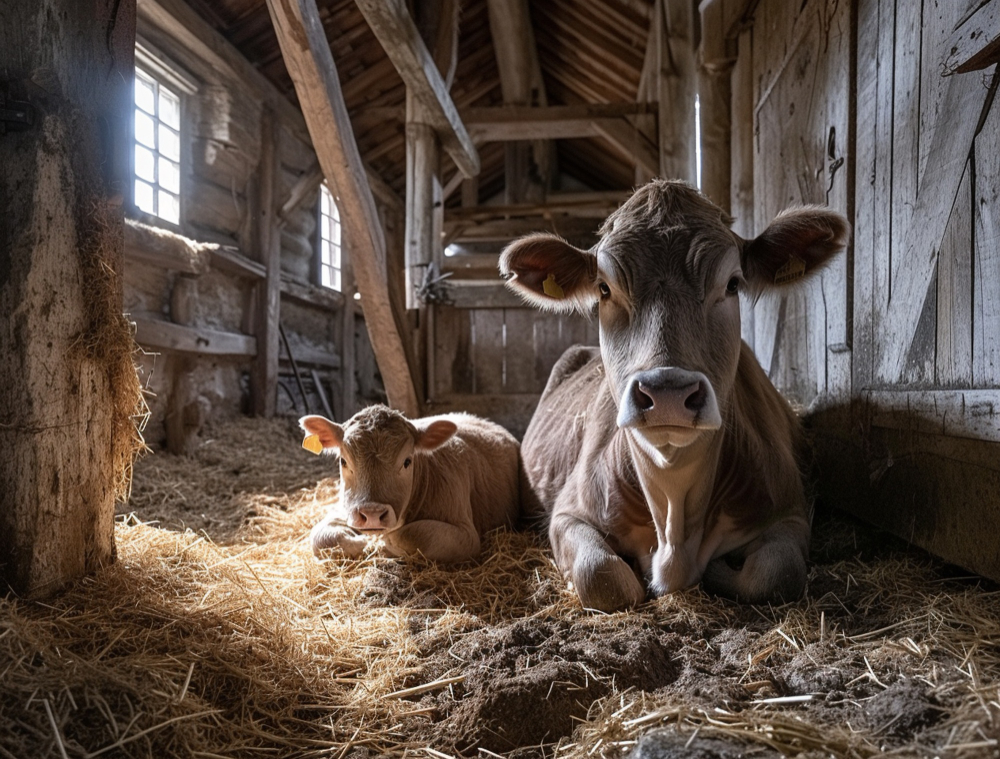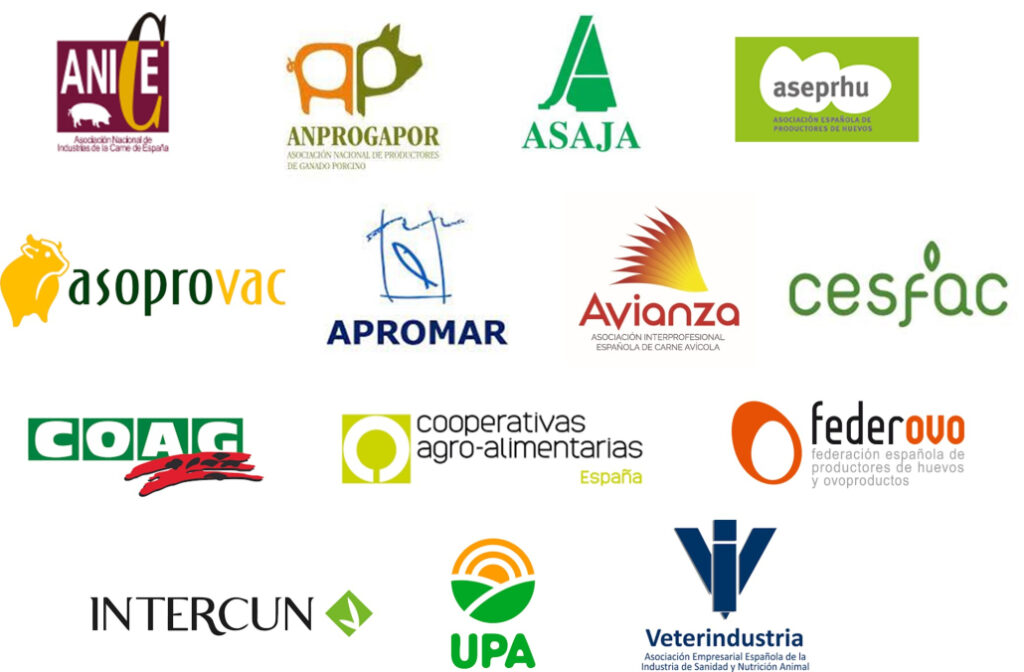Fourteen of the most prominent livestock, agri-food and veterinary organizations in our country (Anice, Anprogapor, Apromar, Asaja, Aseprhu, Asoprovac, Avianza, Cesfac, COAG, Cooperativas Agro-alimentarias de España, Federovo, Intercun, UPA and Veteindustria) have joined united and have sent a joint statement addressed directly to the Minister of Agriculture, Fisheries and Food, Luis Planas, so that Spain rejects the new European Regulation regarding the protection of animals during transport and related operations, by which amends Council Regulation (EC) No 1255/97 and repeals Council Regulation (EC) No 1/2005.

The organizations allege that the new regulation does not have a sufficient scientific basis and does not ensure an improvement in the welfare of animals during transport compared to the current situation. The demanding measures of the new regulation would risk the economic sustainability of many rural areas in more disadvantaged and depopulated territories, would reduce cultural diversity and benefit the interests of countries that occupy a privileged position for the animal trade, while peripheral countries would be condemned ( and the island territories) to a serious competitive disadvantage, which would bear disproportionate costs, according to the statement.
Furthermore, the press release points out that Spain is one of the main producing countries in the EU and complying with this new regulation would imply a decrease in the productive capacity and competitiveness of livestock production and foods of animal origin in our country.

These are the main reasons why this Regulation is not viable:
1. Prevents fair and balanced trade between the member countries of the European Union. Due to the limitation of travel hours and temperatures allowed for transport, Spanish farmers would not be able to receive animals for breeding from countries where they are currently purchased, nor would they be able to export high-value genetics to the rest of the world.
2. Unprecedented administrative burden. The obligations included in the proposed standard entail a very high administrative, bureaucratic and personnel cost and many farms do not have the means to carry it out and the smallest ones will be the most affected.
3. The Spanish animal production sector suffers clear discrimination due to its geographical location and natural conditions. In the proposed standard, the temperatures and geographical diversity of our country condition us and this proposal represents a comparative insult with respect to other European regions given the average temperatures in Spain.
4. Night work. The difficulties in transporting animals during the day for long periods of the year will force workers in the livestock sector and related activities to work longer hours at night. This would imply that animal production would have a higher cost, more occupational risks, greater difficulties in conciliation and a greater risk for road safety, among others.
5. Decrease in exports. If this proposal progresses, Spain’s export capacity would be seriously reduced. The impact would not only affect livestock farmers, but also the food chain that depends on products of animal origin (mainly processing and cutting industries, but also feed and input factories necessary for animal production and their products). processed products, and to transporters of animals and their products).
6. Inflation and decrease in State income. If the text were approved, the consumer would pay the increases in the production cost of the products in the basic basket. It would be more expensive to consume meat, eggs or fish, especially for people with lower incomes in the population.
*Image generated by AI, freepic
















